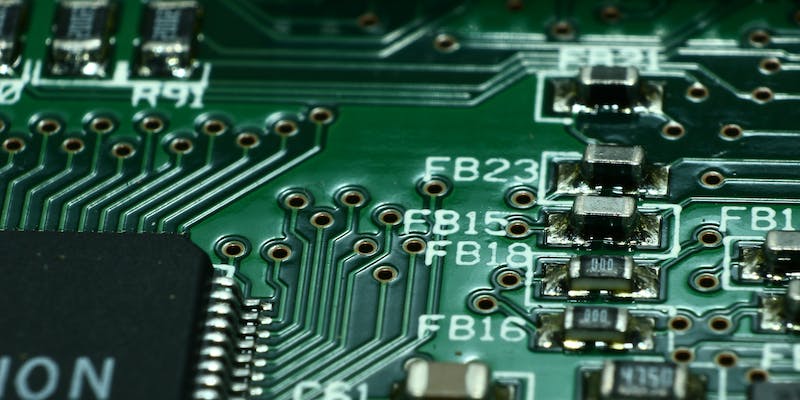MSI, a trusted name in the world of motherboards, has recently announced a groundbreaking move in its support for DDR5 memory. The company has taken a leap forward by enabling 256GB of DDR5 memory on their Intel Z790 motherboards. Previously, consumer motherboards were limited to lower memory capacities. However, with this upgrade, MSI is bringing consumer boards closer to the high-end desktop (HEDT) standards of the past.
Increased Memory Support
As a pioneer in memory support, MSI is leading the way in pushing the boundaries of what consumer motherboards can handle. Their Intel Z790 boards have been added to the support list for 256GB of DDR5 memory on MSI’s website. Prominent examples of these boards are the Z790 Godlike and MEG Z90 ACE, which demonstrate the cutting-edge capabilities of MSI’s latest offerings.
Ramifications of the Upgrade
To achieve this impressive memory capacity, MSI is utilizing four 64GB DDR5 modules, providing consumers with significant headroom for future computing tasks. This upgrade marks a substantial increase in memory capacity on consumer motherboards, as the previous limit was 128GB, which was later raised to 192GB. The newfound support for 256GB enables consumers to maximize their system performance without compromising on memory-intensive tasks.
Overcoming Limitations
Supporting such high memory capacities was previously a challenge for motherboard manufacturers due to the need to disable certain features. However, MSI has successfully resolved this issue, allowing for full functionality while retaining the expanded memory support. This breakthrough means that users no longer have to compromise on the overall capabilities of their system when opting for higher memory capacity.
Performance Considerations
While the ability to support 256GB of memory on the Intel Z790 motherboards is groundbreaking, it does come with some performance considerations. To leverage the full memory capacity, users will need to compromise on speed, as running 256GB of memory will require slower speeds compared to using two sticks. However, with modern advancements in processors and overall system optimization, the impact on overall system performance might be marginal for the average user.
Cost Implications
Although the expanded memory support is an exciting development, it is essential to consider the cost implications. A 192GB DDR5 kit already commands a hefty price tag of $700, indicating that a 256GB kit would likely be even more expensive. These high-capacity memory kits are primarily targeted towards professionals with demanding workloads or enthusiasts who require maximum memory capacity. The average consumer may find that the cost outweighs the benefits and may opt for more affordable memory configurations.
Practical Applications
The option for 256GB of memory on an Intel Z790 motherboard presents itself as a beneficial alternative for users who require maximum memory capacity without building a dedicated workstation. Enthusiasts, content creators, and professionals in fields such as video editing, 3D rendering, and virtualization can now benefit from high-performance systems without breaking the bank. MSI’s memory support upgrade opens up new possibilities for these demanding tasks, ensuring an optimal user experience.
MSI’s recent announcement regarding the support of 256GB of DDR5 memory on their Intel Z790 motherboards marks a significant milestone for consumer motherboards. The increased memory capacity brings consumer boards closer to the HEDT standards of yore, allowing users to push the boundaries of their systems without compromising functionality. While cost remains a limiting factor, enthusiasts, content creators, and professionals with memory-intensive workloads can now take advantage of this memory upgrade and unlock the full potential of their systems. With MSI leading the way, we can expect further advancements in memory support from other motherboard manufacturers in the near future.

